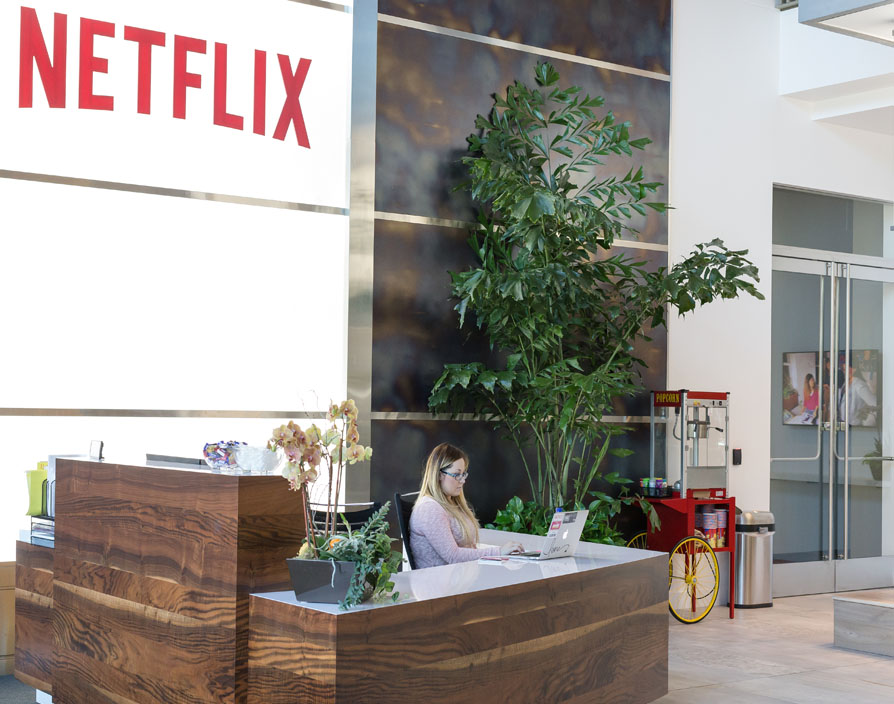We live in a world where the reputation of an organisation precedes brand loyalty. That’s something the likes of Uber, Papa John’s and Netflix would do well to remember, having recently been found in scandals created by top officials harbouring a poor attitude towards equality. Businesses of all kinds have been discussing diversity for decades but it doesn’t take an expert to see that progress is still slow.
Uber, the on-demand car-booking service spawned from Silicon Valley, has had a bumpy ride this year due to its lack of ability to tackle the race issue in its offices. In July 2018 the company saw the resignation of its HR head Liane Hornsey after anonymous whistleblowers alleged she systematically ignored internal complaints of racial discrimination. This has been recurring in the company, especially after former CEO Travis Kalanick and Barney Harford, the COO, have made discriminatory comments. Uber’s diversity report is proof it has a long way to go as 65.1% of its employees are white while African-Americans make up only 2.8%. Seems like even after paying $10m for the discrimination lawsuit it faced, the company has lots to change.
Sadly, it seems to be a universal issue in big companies. At Netflix, Jonathan Friedland, the head of communication, was made redundant after he used the N-word in the midst of black employees during meetings.
Looking at these established companies faltering, startups must be increasingly inclusive from the get-go. “The first place to start is at the recruitment stage. [The] existing processes still enable biased behaviours that can unintentionally lead to discriminatory attitudes,” Juliet Eccleston, co-founder of AnyGood?, a talent recruitment company, told Elite Business. “Many hirers recruit in their own image or opt for a candidate simply because they’re similar to current staff and will therefore fit in.” In fact, research by Equality and Human Rights Commission shows the unemployment rate for people from ethnic backgrounds was 12.9% – double that of white people.
It seems clear businesses will lose out on talent as well as growth if they continue to ignore the essence of diversity. This is seconded by Josh Wilson, managing director at Wilson Worldwide Productions, a film production company. “I think old-fashioned mindsets will be left behind not only sociologically but commercially,” he said.
According to Wilson, it’s disappointing to read that allegations of discrimination weren’t taken seriously at Uber. “For a company which has been bold in so many ways, its failure to address this issue properly raises the question: does it care enough?”
Apart from hiring ethnically diverse employees, companies must focus on altering the age-old discriminatory mindset. “We need to get rid of the attitude that professionals have against people from particular races,” Eccleston added. “This can be tackled by holding training sessions for the company staff.” For instance, Howard Schultz, former CEO and chairman at Starbucks, realised the latent racism in his staff and shut 8,000 stores across the US for an anti-racism training after a store manager called police on two innocent black customers for “trespassing”. It might have cost the brand £15m in lost sales but it brought the issue in the spotlight.
Indeed, fostering a culture of inclusiveness starts at the top. Leaders at the helm need to responsible instead of putting their foot in their mouth. For instance, in the case of Papa John’s, the problem was the founder himself. Ex-CEO John Schnatter faced backlash after his racially inappropriate slews on a phone call. And this was not a one-off incident. Before he resigned as CEO in January 2018, Schnatter said that NFL players’ national anthem protests against social injustice reduced TV ratings, which in turn hurt the pizza chain’s sales as it’s advertised heavily during the games.
Another staggering example was when Google released its diversity report which said 66.9% of the leadership roles were held by white people. Overall, the internet giant said it comprised 56.6% white employees, while black and native American employees encompassed only 3% and 0.8% respectively. Ironically, a study done by McKinsey in 2015, which surveyed more than 350 businesses globally, found companies with more racially diverse staff performed 35% better than ones that were lacking. “Yet, somehow, the debate around its business value continues,” said Wilson. “As far as equality is concerned I can’t think of anything more disgusting, and stupid, than bigoted and/or prejudicial behaviour because someone is diverse in a specific environment. To have an equal fair environment is about running an honourable company with integrity and if you want to attract the best talent you have to be diverse.”
Learning from the mistakes Uber made, entrepreneurs should be more communicative instead of being controlling or condescending at the workplace. “Ensure that you encourage a culture where problems are brought out in the open and don’t be afraid to tackle any issues raised,” said Sue Andrews, the HR consultant at KIS Finance, a finance company. “Brushing them under the carpet doesn’t work.”
When in doubt, Andrews said contemplate. “Start by undertaking an audit to take an honest look at where you are – look at staff mix and look at your recruitment for your last three posts,” she said. If you think you require a reset button for your staff, it’s better late than never. “[The] more established the company becomes the harder old patterns will be to break.”
As the epidemic of discrimination continues, it’s time businesses make a change. “Diversity and equality isn’t a fad. It’s the [only] future,” Wilson concludes. ![]()
Share via:








































